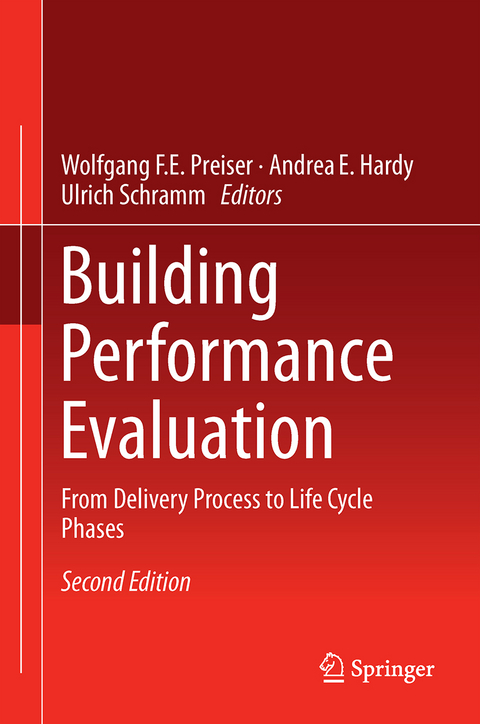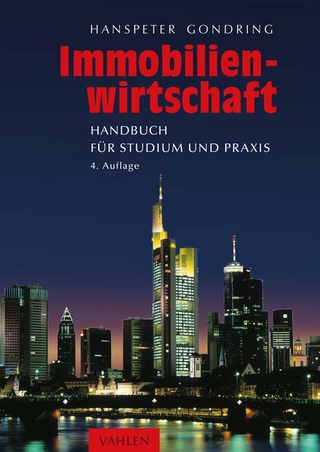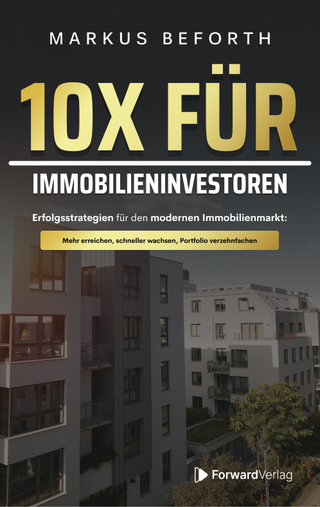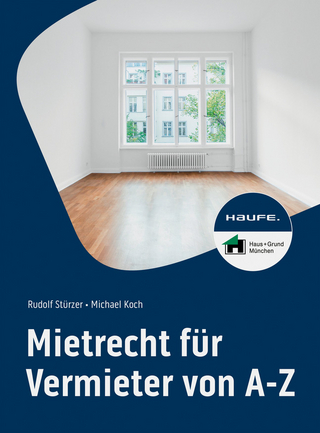
Building Performance Evaluation
Springer International Publishing (Verlag)
978-3-319-56861-4 (ISBN)
The main aim of this book is to present an intriguing retrospective of Building Performance Evaluation (BPE) as it evolved from Post-Occupancy Evaluation (POE) over the past 25 years. On one hand, this is done by updating original authors' chapter content of Building Evaluation, the first edition published in 1989. That, in turn, is augmented by an orientation toward current and future practice on the other, including new authors who are engaged in ongoing, cutting edge projects. Therefore, individual, methodology oriented chapters covering the fundamental principles of POE and BPE go along with major thematic chapters, topics of which like sustainability or integration of new technologies are addressed in a diversity of case studies from around the globe.
Research, methodologies, and framework of POEs continue to evolve. POEs are one step, on the larger scale of BPE, in understanding how buildings function after they are occupied. This resource helps a
rchitects,building owners, and facility managers understand the implications and reactions to the facilities that they designed, built and/or commissioned. By considering the whole process from conception to future uses of the building, there can be a more holistic approach to the planning, programming, design, construction, occupancy, and future adaptability of the structure.
This book is dedicated to first editor Wolfgang F. E. Preiser who passed away during the process of editing and reviewing chapters of this volume.
Foreword: Why Building Performance Evaluation Matters, by Thomas Fisher.- Part I: Introduction From Linear Delivery Process To Life Cycle Phases: The Validity Of The Concept Of Building Performance Evaluation (BPE), by Wolfgang F.E. Preiser, Andrea E. Hardy, and Ulrich Schramm.- Part II: Frontiers Of Building Evaluation.- Preamble for Part II.- From Poe To BPE: The Next Era, by Nigel Oseland.- Critical Frameworks For Building Evaluation: User Satisfaction, Environmental Measurements And The Technical Attributes Of Building Systems (POE+M) by Vivian Loftness, Volker Hartkopf, Azizan Aziz, Joon-Ho Choi, and Jihyun Park.- Informed Design: A Post-Occupancy Evaluation Toolkit For Courthouses, by Erin Persky, Jay Farbstein, and Melissa M. Farling.- Synthetic Populations Of Building Office Occupants And Behaviors, by Jennifer Senick, Clinton J. Andrews, Handi Chandra Putra, Ioanna Tsoulou, and MaryAnn Sorensen.- From Pre- To Post-Occupancy Evaluations: Acceptance of Intelligent Building Technologies, by Ulrich Schramm, Sybille Reichart, and Dominic Becking.- Evaluating The Built Environment From The Users' Perspective: Implications of Attitudinal Models of Satisfaction, by Guido Francescato, Sue Weidemann,and James R. Anderson.- Towards A Hospital Activation Process Model, by Wolfgang F.E. Preiser, John P. Petronis, John W. Petronis, and Lexi Petronis.- Part III: Advances In Evaluation Knowledge.- Preamble for Part III.- Merging Tradition And Innovation: Programming New Work-Places For Tradition-Steeped Companies, by Martin Hodulak.- Building-In-Use Assessment: Foundation Of Workspace Psychology, by Jacqueline C. Vischer.- Evaluating Workplace Constructs Using Computerized Techniques Of Space Syntax, by Linda Nubani.- Social Interactions In Work Environments: Expanding Building Evaluation, by Mille Sylvest.- Making Poe Work In An Organization, by Duncan Joiner.- Poe For Organizations With A Repetitive Building Type, by Thierry Rosenheck.- US Army Command Headquarters: Evaluating Existing Buildings To Set Design Requirements, by Greg Allen Barker.- Part IV: Advances In Evaluation Methods.- Preamble For Part IV.- A Comparative Analysis Of Predictive And Actual Performance Of High Performance Leed(TM) Buildings, by Ihab M.K. Elzeyadi.- Post-Occupancy Evaluation: Research Paradigm Or Diagnostic Tool, by Franklin Becker.- Towards Wellbeing: Hospital Evaluation Using The Problem-Seeking Method, by Steven Parshall and Sofia Fonseca.- Evaluating Changes In Sustainability Culture: A Model For Universities And Other Organizations, by Robert W. Marans and John Callewaert.- Mind The Gap: Studying Acutal Vs. Predicted Performance Of Green Buildings In Canada, by Shauna Mallory-Hill and Mark Gorgolewski.- The College And University Campus: Facility Assessments For Long Term Decision Making, by Brodie Bain.- Emerging Trends In Performance Evaluation Of Picus In Japanese Children's Hospitals, by Akikazu Kato, Shiho Mori, and Masayuki Kato.- Feeding The Knowledge Forward: Advancements In Post-Occupancy Evaluation Application Through Collaboration, by Lindsey L. Fay.- Part V: Epilogue.- From Building Evaluation To Building Performance Evaluation And Beyond, by by Jacqueline C. Vischer.- Subject Index.
| Erscheinungsdatum | 20.09.2017 |
|---|---|
| Zusatzinfo | XX, 318 p. 103 illus. |
| Verlagsort | Cham |
| Sprache | englisch |
| Maße | 155 x 235 mm |
| Gewicht | 672 g |
| Themenwelt | Technik ► Bauwesen |
| Technik ► Maschinenbau | |
| Betriebswirtschaft / Management ► Spezielle Betriebswirtschaftslehre ► Immobilienwirtschaft | |
| Wirtschaft ► Betriebswirtschaft / Management ► Unternehmensführung / Management | |
| Schlagworte | Building Delivery Cycle • building life cycle • Building Performance • Building performance evaluation • Civil Engineering • civil engineering, surveying & building • Civil engineering, surveying & building • Engineering • Engineering: general • Materials Science • Post-Occupancy Evaluation • Property & Real Estate • Property & real estate • Real Estate Management • Structural engineering • Structural Materials |
| ISBN-10 | 3-319-56861-2 / 3319568612 |
| ISBN-13 | 978-3-319-56861-4 / 9783319568614 |
| Zustand | Neuware |
| Informationen gemäß Produktsicherheitsverordnung (GPSR) | |
| Haben Sie eine Frage zum Produkt? |
aus dem Bereich


